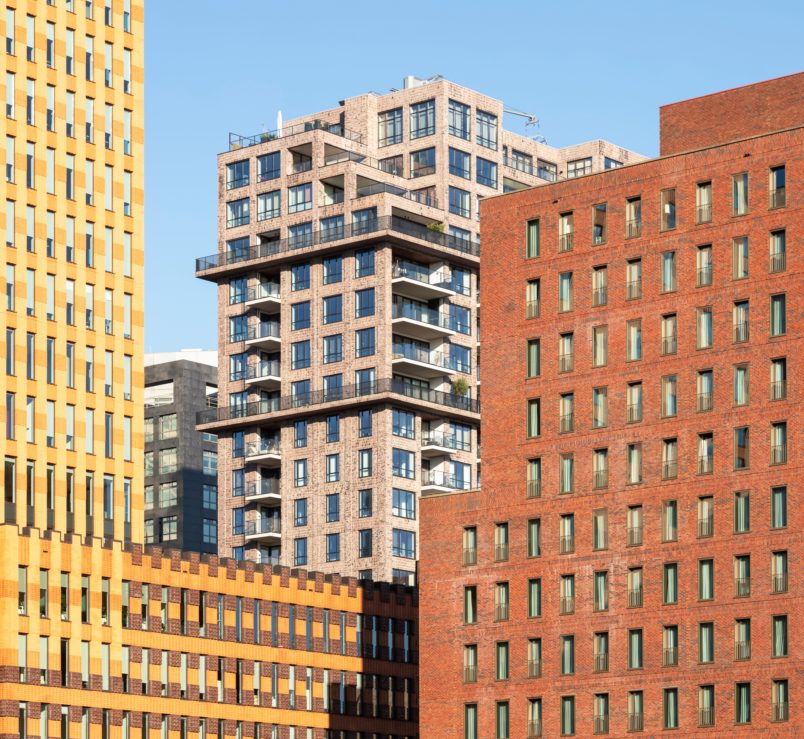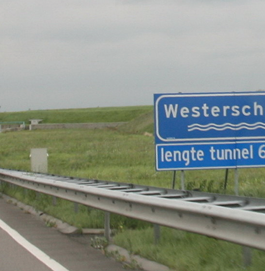Opportunities to strengthen municipal approach to counter money laundering through real estate
Money laundering through real estate is one of the ways in which assets of illegal origin can be brought into the legal economy. The Dutch real estate sector is therefore attractive to criminals. This is due to the complexity, relatively limited transparency and high transactions within this sector.
Background
Several parties in the Netherlands are involved in tackling money laundering via real estate, including the police, the Public Prosecution Service, the FIOD and municipalities. Commissioned by the Regional Information and Expertise Centre (RIEC) The Hague, Ecorys has mapped the role of municipalities in combating money laundering through real estate.
Our research was conducted using source research, interviews and workshops in which municipal officials were challenged to put themselves in the shoes of a criminal . These methods provided insight into which signals of money laundering through real estate could be picked up by which municipal department and when.
Key results
Based on these findings, a manual naming all signals per municipal department has been prepared. This manual helps officials in different departments to be more alert to possible signals of money laundering through real estate.
The report can be found on the Knowledge Platform on Undermining website and on the The Hague Security Coalition website. Professionals working in tackling undermining can access this report by logging on to these platforms.

12 July 2024
1 minute read
Sectors
Key Experts
Gabriëlle op 't Hoog
Senior Consultant



